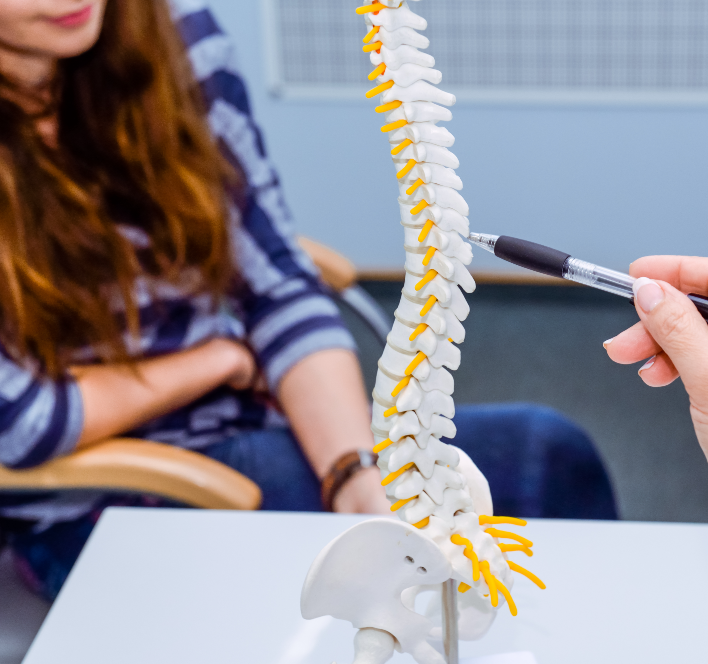Back pain is an incredibly common condition, affecting millions of people worldwide each year. While most episodes of back pain resolve on their own with rest and conservative care, there are cases where the discomfort…
Normal and healthy spines have a natural curvature. If you have a mild spinal curvature and you feel no pain, then you most likely don’t need to worry. However, if you start to notice the curve worsen, this might be indicative of a spinal deformity. When curves become too extreme, you may endure severe back and neck pain, and it may be difficult to maintain an erect posture.
In addition, abnormal curves can damage your spinal joints and surrounding muscles, resulting in a major spinal defect. Children who are entering adolescence may experience growth stunts and appearance deformities as they go through physical changes. If your spine is overly curved, you may wonder if you need to seek medical treatment. Unfortunately, there is no straightforward answer—it depends entirely on the nature of your spinal problem.
Three Main Types of Spinal Curvature Disorders
The spine consists of numerous vertebrae that stack on top of each other to allow you to comfortably stand, bend, and twist. Specifically, 33 individual bones protect and support the spinal column and allow the central nervous system to function properly.
However, body parts are more complex than that. The spine relies on all its components to work together smoothly, and even the smallest of abnormalities can disrupt the system. The three main types of spinal curvature disorders are:
- Scoliosis: The spine curves sideways, making a C- or S-shaped curve
- Lordosis: The spinal curve occurs in the upper back, pushing the head and shoulders more than 50 degrees forward
- Kyphosis: The spinal curve occurs in the lower back, causing a large inward arch above the gluteal region
The most common form of spinal curvature disorder is adult-onset scoliosis, also referred to as degenerative scoliosis. In any one of these disorders, individuals can have prominent curvatures, as well as uneven body parts, weakness, and numbness.
Common Causes of Curved Spines
Identifying a specific cause of curved spines rarely happens. The science surrounding spinal disorders is still unclear, but it is believed that the most common causes of curved spines include:
- Birth defects
- Family history
- Poor posture
- Neuromuscular conditions
- Osteoporosis
- Weight
- Age
- Injury
- Growth
If you suspect that you have an abnormally curved spine, visit an experienced spine specialist to receive a proper diagnosis and treatment plan. Detecting a disorder early on can prevent further complications from occurring or, at the very least, reduce their impact.
How to Treat Curved Spines
Mild to moderate forms of spinal curvature disorder may not require any extensive treatment. For smaller curves, a doctor may recommend a non-invasive treatment plan such as bracing, which will help slow down the bones from growing. If you have any discomfort or pain, a doctor may refer you to a chiropractic specialist to receive adjustments and pain management treatments. Another possibility is to see a physical therapist, as certain exercises are known to help reduce pain.
Debilitating spinal curvature disorders may require minimally invasive treatment, the most common being spinal fusion. The modern spinal fusion technique makes use of both a bone graft and hardware to secure the spine. Through two small incisions, the hardware is used to fuse vertebrae to the graft, forming a single bone. Once the graft heals, it restores your spine’s stability.
Spinal Curvature Disorders Treated by Expert Spine Specialists
Spine surgery has revolutionized through technology, and at NJ Spine & Orthopedic, we are proud to perform some of the most contemporary spinal surgical treatments using our state-of-the-art equipment. Our surgeries involve small incisions and minimal downtime so you can concentrate on getting back to your normal activities as fast as possible.
The award-winning, board-certified medical team at NJ Spine & Orthopedic can diagnose the source of your pain and offer you a detailed treatment plan, specific to your individual needs. Call (866) 272-9271 or complete our contact form today!

